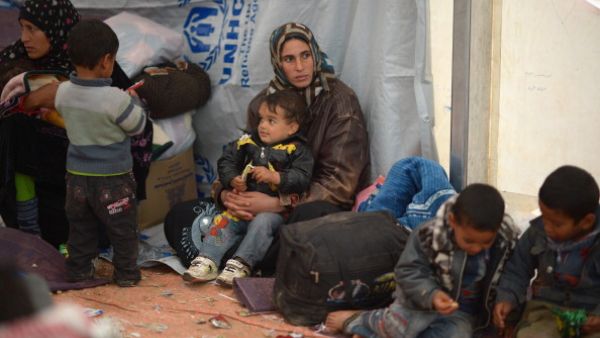The UN refugee agency's top medical expert warned Monday that aid workers can no longer provide critical health treatment to Syrian refugees due to lack of funding, according to Agence France Presse.
UNHCR's medical chief Paul Spiegel told reporters this week, "We [aid workers] can treat [refugees] with measles, but we can't treat everyone with cancer."
The millions of Syrians who have fled their homes and now reside in neighboring countries in exile have largely "overwhelmed" health systems in the region, according to AFP's report, making critical treatments difficult to provide to growing populations with stringent funding.
Many doctors must decide who receives such critical care, and who does not.
"We have to turn away cancer patients with poor prognoses because caring for them is too expensive. After losing everything at home, cancer patients face even greater suffering abroad -- often at a huge emotional and financial cost to their families," Spiegel said.
In Jordan, for example, only 246 out of 511 refugee applications for cancer treatments between 2010-2012 were accepted, many due to mounting costs with the average cancer treatment approximately $21,000 per person.
"We face a terrible decision over who to help," said UNHCR doctor Adam Musa Khalifa.
Many countries are facing severe financial hardships to provide for their own populations in addition to the growing refugee diasporas.








